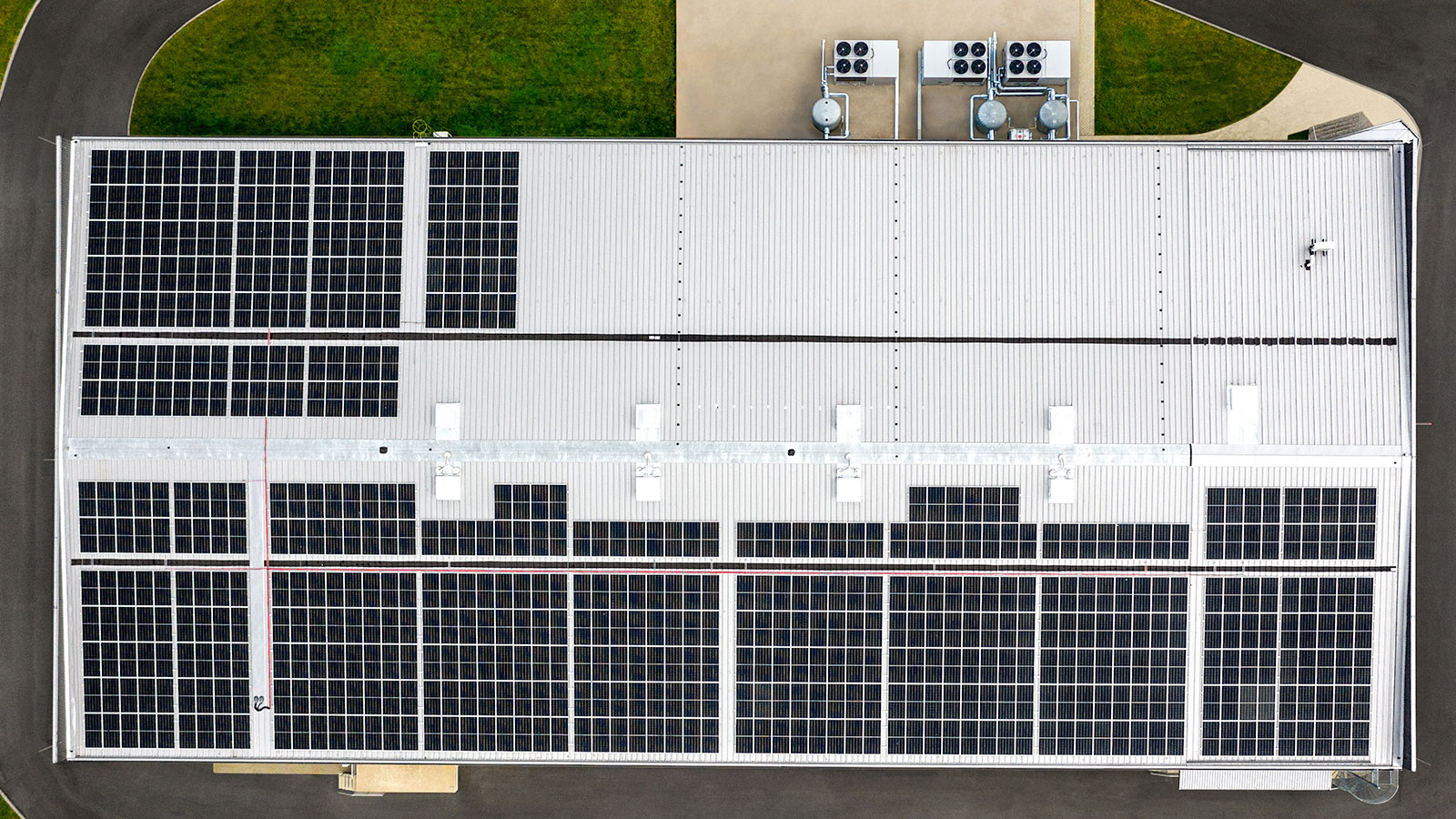Billy Durie, Global Sector Head for Data Centres at Aggreko, shares practical guidance on how data centres can bridge the growing energy gap.
As Europe faces energy challenges, data centre operators must adapt. Uncertainty around grid connections makes forward planning essential to address facility cost, resilience, and operational concerns.
According to the CBRE, the need for colocation space in European data centres now exceeds supply, with major growth seen in 2023. Driven by the ever-increasing demand for digital services, the continent’s ongoing data centre construction boom is quite rightly seen as a good news story that transcends the continent’s borders. But the pressure this rapid expansion is putting on Europe’s power infrastructure should be noted, especially as facility grid connection delays continue to grow.
Indeed, German data centres are facing connection dates as far off as 2031, while their UK counterparts can be left waiting as long as 13 years for grid power. Elsewhere, the Dutch brought in strict new rules last year to govern data centre operations in Amsterdam, and Dublin has paused facility construction until 2028.
These issues have been long-standing in Tier 1 markets and may not come as a surprise to experienced data centre stakeholders. But now, similar pressures are affecting Tier 2 markets including Madrid, Milan and Warsaw. An increasing number of projects in these countries are now subject to power delays, with over 200 GW of projects awaiting grid connections in Italy and Spain alone.
With data centres using about 1.5% of the world’s electricity, tackling these power issues is becoming more urgent, and will limit constructors’ and operators’ exposure to fines and reputational damage. The need to address such concerns will grow at a commensurate rate to the size of the market.
Ireland, where data centres now consume more power than all the urban homes combined, can provide a preview over how pressing this matter could become.
Navigating sustainability challenges
Beyond power supply concerns, data centres are also navigating stricter sustainability rules and low-emissions regulations. For example, new EU legislation will soon require European data centres to report on energy use, as part of a broader effort to cut energy consumption across member states by 11.7% between 2020 and 2030. These changes will likely have a big impact on how the industry operates, and their progress and rollout should be monitored by facility stakeholders.
Initiatives including the European Commission’s RePowerEU and various national government actions are helping accelerate the shift to green energy sources and aiming to reduce grid connection delays. But the benefits of these efforts may not be immediately apparent, and action will be required in the short-to-medium term to help alleviate current concerns.
Embracing decentralised energy solutions
These actions include sourcing decentralised energy equipment. However, finding the right solutions can be challenging. Many stakeholders face obstacles when procuring power equipment, with internal hesitance over purchasing decisions a key issue. With a focus on profitability, there remains scepticism over acquiring permanent solutions for immediate, temporary issues.
Yet these issues persist, lowering overall site efficiency and causing logistical headaches to an extent that buying generator equipment may become unavoidable – even with the risk of stranded and under- or over-sized assets. Regardless of the selected solution, incorporating and maintaining new onsite generator equipment in this capacity adds further complexity for stakeholders awaiting grid connections, especially in areas facing long delays.
The situation is further compounded by the unpredictable nature of Europe’s energy pricing markets. Fluctuations and escalations have forced energy management to the forefront of data centre stakeholders.
In recent research, it’s been shown that inefficient energy solutions can increase operational costs, emphasising the importance of strategic planning to preserve profit margins. Additionally, the research underscores the necessity to manage noise levels and adhere to various national regulations when selecting generator equipment, particularly in urban areas
Building strong supply chain partnerships
Data centre operators should reconsider the supply chain for short-term energy solutions if they are to best navigate this challenging situation. By eschewing a transactional approach to third parties in favour of a more holistic one, greater expertise can be better unlocked and leveraged. In practice, this means stakeholders involved in facility construction or data centre operations should evaluate potential suppliers according to several criteria.
Firstly, they must be able to provide the latest, most energy-efficient generator technologies and services. Being able to scale these solutions up or down in a modular fashion depending on site needs is also crucial, and attention should be paid to how quickly this equipment can be deployed across Europe.
Finally, it is also key that suppliers provide remote monitoring services informed by deep expertise in data centre operations. Engaging knowledgeable stakeholders and comprehensive services in this area will be crucial not only for ongoing efficiency, but also to ensure continued adherence to legislation in a fast-moving regulatory landscape.
Looking to the future
The continued expansion of the data centre sector Tier 1 and Tier 2 markets is clearly welcome news. But as demand continues to escalate, power availability and sustainability considerations will become more pressing. Decentralised energy solutions may hold the key to maintaining this upwards trajectory, allowing data centre stakeholders to bypass grid connection delays and supplement or replace grid power if required.
Implementing these technologies and services at every stage of data centre development, from initial design to full operation, potential disruption can be mitigated or even averted. Yet to recognise the true potential of these solutions, they must be easily accessible to construction and facility management professionals.
Moving energy equipment procurement from a one-time investment to a scalable, ongoing expense can assist in this effort. By partnering with experienced suppliers, data centre stakeholders can ensure access to reliable power and bolster operational resilience throughout their facility’s lifetime.


